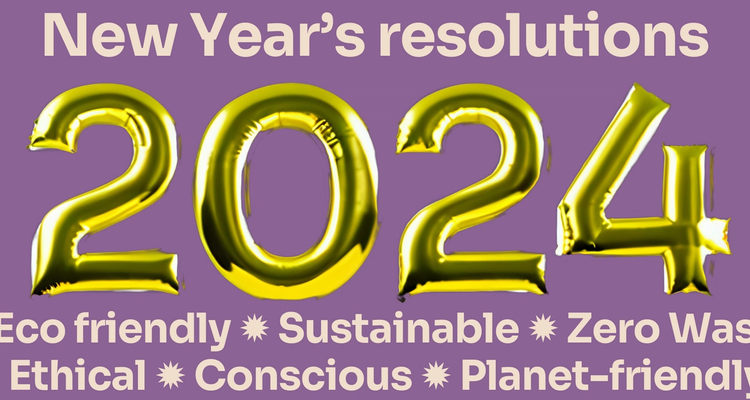
25 Eco Friendly New Year's Resolutions
By Natalie Lewis
The start of a new year is a time for fresh starts and new beginnings – and setting yourself a resolution can provide a sense of purpose and direction especially when it comes to sustainability and climate change.
Many people find that having a shared purpose and sense of community – together with others – can help motivate them to stay committed to their goals. Going even further, the act of telling others about your resolution is a proven way to increase how successful you are in keeping it.

Why make a sustainable of eco-friendly resolution?
Every year the effects of climate change are becoming increasingly more apparent. This means urgent action is needed now. It’s believed that 2022 was the UK's warmest year since records began in 1884.
But it can often feel out of our control to do something about it. Enter: The New Year’s resolution! This is a great time to make more sustainable habits and see a positive change in a tangible way. And you can get started today.
Did you know there are more benefits to sustainable resolutions than just reducing your impact? Here are just a few:
- Many sustainable practices, such as reducing your meat consumption and growing your own food, can also have health benefits.
- Living more sustainably cam help you save money in the long run, for instance, by reducing your energy consumption or using reusable products instead of disposable ones. And yes, it is almost always cheaper and lower impact to wash something and reuse, compared with buying something single-use new.
- A sustainable New Year’s resolution can have a positive impact on your mental health. When faced with the scale of climate change, making sustainable choices can give you a sense of accomplishment and pride in the impact you are making, and the standard you set to others, which can be a catalyst for change in their own choices. A new Year’s resolution can help you reflect on the past year and identify areas to make changes and motivate yourself, whether you’re looking to improve your health, career, relationships, or personal growth.
Without further ado, let’s get started with our list of sustainable New Year’s resolutions. From shampoo bars to doing a #2MinuteBeachClean, here’s your list of easy things to do to get your year off to a great start.
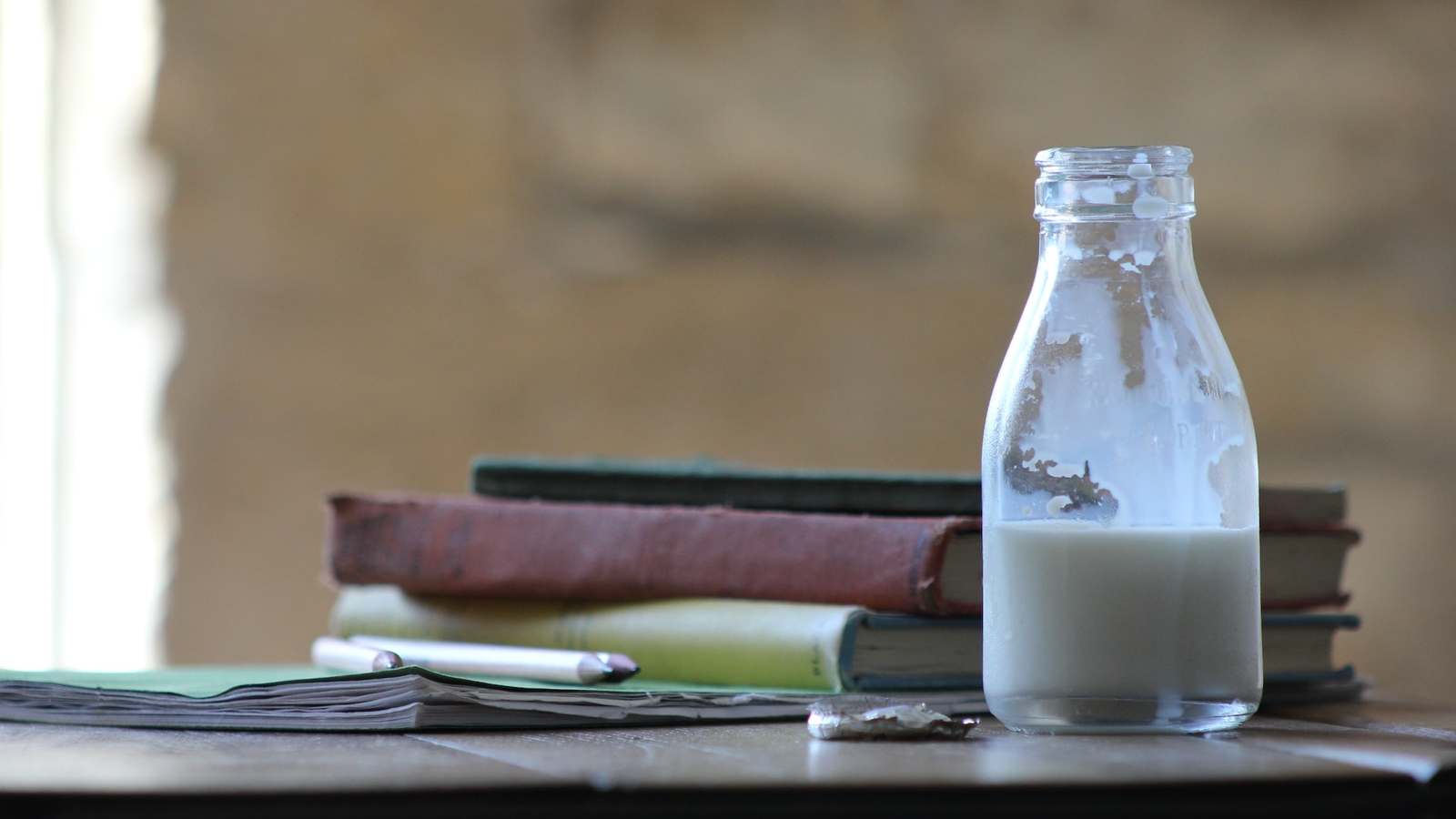
1. Reduce meat and dairy
A new year means the start of Veganuary so what better time to cut down on the meat you buy and consume?
One of the biggest changes you can make for a more sustainable diet is cutting out meat. Studies comparing different lifestyles show that opting for a vegan diet could reduce the carbon emissions of what you eat by up to 73 per cent.
Looking at dairy is a good idea too. Milk is an easy swap that almost a third of UK adults are already making! On average cow milk produces three times the CO2 of plant-based milk, and cows themselves produce methane, another greenhouse gas.
Thankfully, there are plenty of options, from oat, to soya, and even potato milk! Try Califia Farms’ and Minor Figures’ oat milks, or Dug potato milk.
Remember that you don’t have to go cold (plant-based) turkey. Start by cutting down meat and dairy from one out of every five meals and go from there.
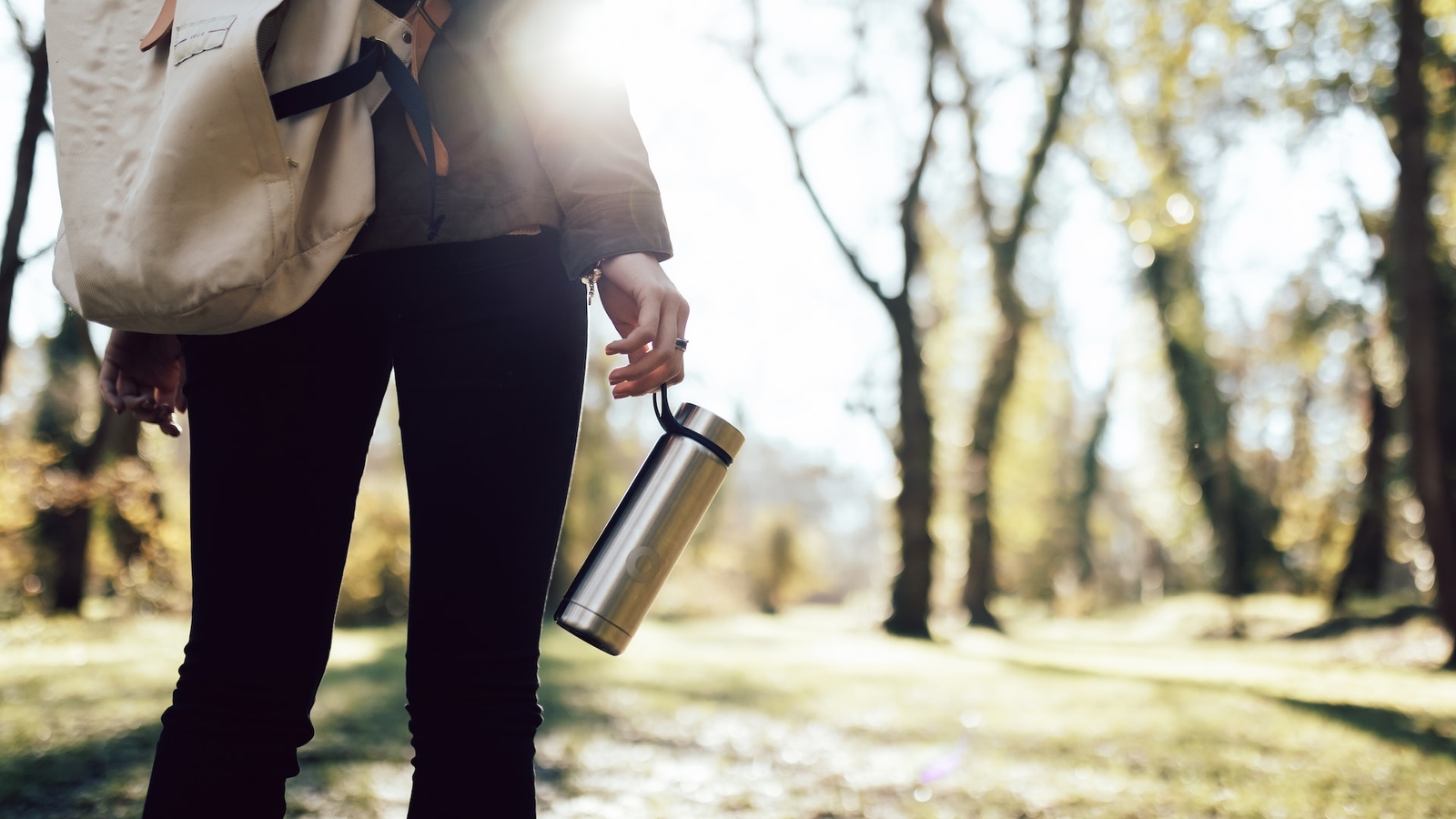
2. Get a refillable water bottle & cup
Plastic water bottles are one of the most prevalent forms of plastic waste found on beaches and in our oceans. The latest Beachwatch survey found 159 plastic bottles for every mile of beach surveyed. Learn more on the Marine Conservation Society website.
It’s worth noting, that plastic water bottles are made from fossil fuels. According to Refill.org it takes 162g of oil and seven litres of water to manufacture a single one litre disposable PET bottle. Single-use plastic bottles significantly contribute to pollution, even if they are subsequently recycled.
It’s a similar story with coffee cups. Here in Britain we get through 2.5 billion a year, according to a 2020 Guardian article! Many aren’t recycled and even when they are can be difficult to process, especially if they’re not washed out properly.
Therefore, switching to a reusable bottle and cup is a great eco-friendly New year’s resolution and after a year, you’ll find you have saved piles of single-use product going to waste, by simply keeping one in your bag.
Another benefit of having your own cup or bottle, is you can choose the size and design that works best for you. There are plenty of small, compact and collapsible cups and bottles nowadays.
What’s more, most coffee shops offer discounts or rewards if you use a reusable coffee cup; Pret (50p), Costa and Café Nero, (extra loyalty stamp), Starbucks (25p). Making sustainability more friendly to your wallet too!
Of course, we’d definitely recommend supporting your local coffee shop wherever possible – they often have discounts, plus you can find more ethical and tastier coffee blends.
If you're looking for a reusable cup or bottle, check out some of our Canopey favourites:
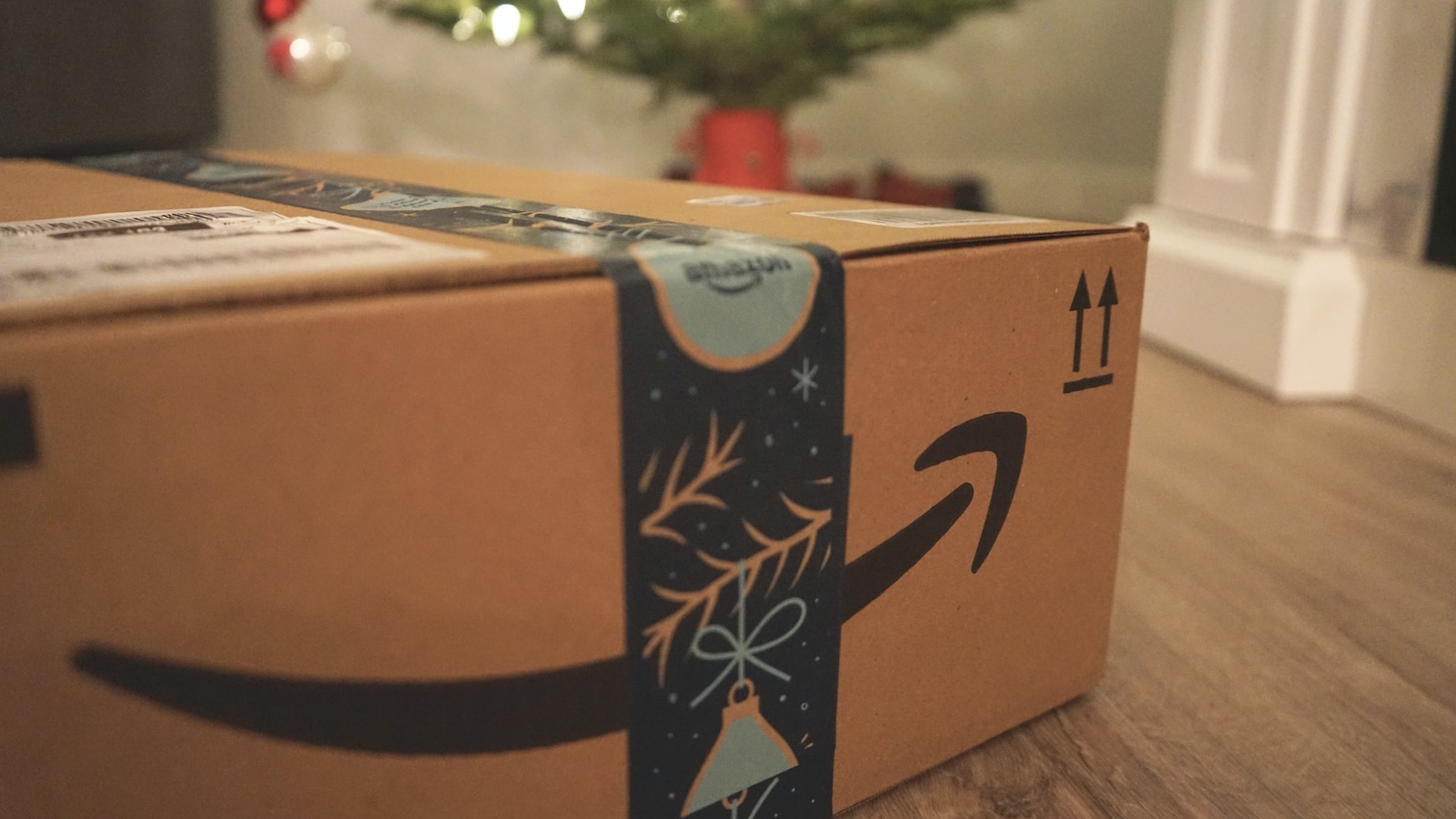
3. Boycott Amazon
The Amazon boycotting movement is going stronger than ever, thanks to the company’s actions in recent years. It’s one of the reasons we started Canopey: to give you options and provide a home for shopping more ethically and supporting more sustainable brands.
Amazon has faced criticism over its labour practices, including allegations of poor working conditions, low wages, and anti-union activities. Workers in both the US and UK have spoken out about the way Amazon treats its employees.
Recently in the UK campaigners have spoken about being 'treated like numbers’, being timed for their toilet breaks, and many headlines were made when it was revealed workers were having to urinate in bottles. When the news broke, Amazon denied the claims were true, then ended up apologising. Multiple news outlets are continuing to report this is the case.
In 2021, an ITV investigation found that Amazon was destroying millions of items, of unsold stock, at just one of its 24 UK warehouses every year. According to the investigation, this included both products that were never sold and products returned by a customer.
Almost all could have been redistributed to charities or those in need. Instead, they are thrown into vast bins, carried away by lorries (which we tracked), and dumped at either recycling centres, or worse, a landfill site.
Unfortunately, it’s not the only blow to charities, by Amazon, the retail giant announced it would shut its Amazon Smile programme, which gave a portion of purchases to charitable causes.
It’s difficult to take any green claim made by Amazon as truth, when it has been accused of ‘greenwashing on a grotesque scale’. For an explanation, on greenwashing, check out our What Is Greenwashing? blog post.
Boycotting Amazon can help you align your consumption with your values and ethics, and sends a message to the company and other retailers that consumers care about ethical practices and sustainability.
With enough traction, we can begin to create positive changes in the retail industry as a whole and cause Amazon to look up and realise sustainability is important to us.
If you’re looking for an ethical alternative to Amazon, you’ve come to the right place. Canopey is all about creating your Home For Buying Better! Discover thousands of better made, more sustainable products where every purchase supports smaller brands and a smaller impact.

4. Pack your own lunch
Packing your own lunch has so many benefits, for your health, the environment, and in saving you time.
Packing lunch is almost always great for your health as you get more control over the ingredients and portion sizes, making it easier to make healthier choices, avoid fast food and unhealthy snacks, as well as enabling you to customise your meal to your personal preferences and dietary needs.
This can help you save time and money, for example, eating out for lunch every day can add up quickly. Additionally, incentives such as meal deals can often leave you with extras you had to purchase, that you wouldn’t otherwise at or drink. This all adds up over time and results in a large amount of single-use plastic.
Preparing your lunch in advance can also save you time during the workday. All that time walking to a shop or nearby cafe can be used to focus on your work (boo) or enjoy a relaxing lunch break (wahoo!).
If you’re looking for cheap and easy meal recipes, Budget Bytes has a huge range of meals suitable for batch cooking, and a great selection of vegan and plant-based options.
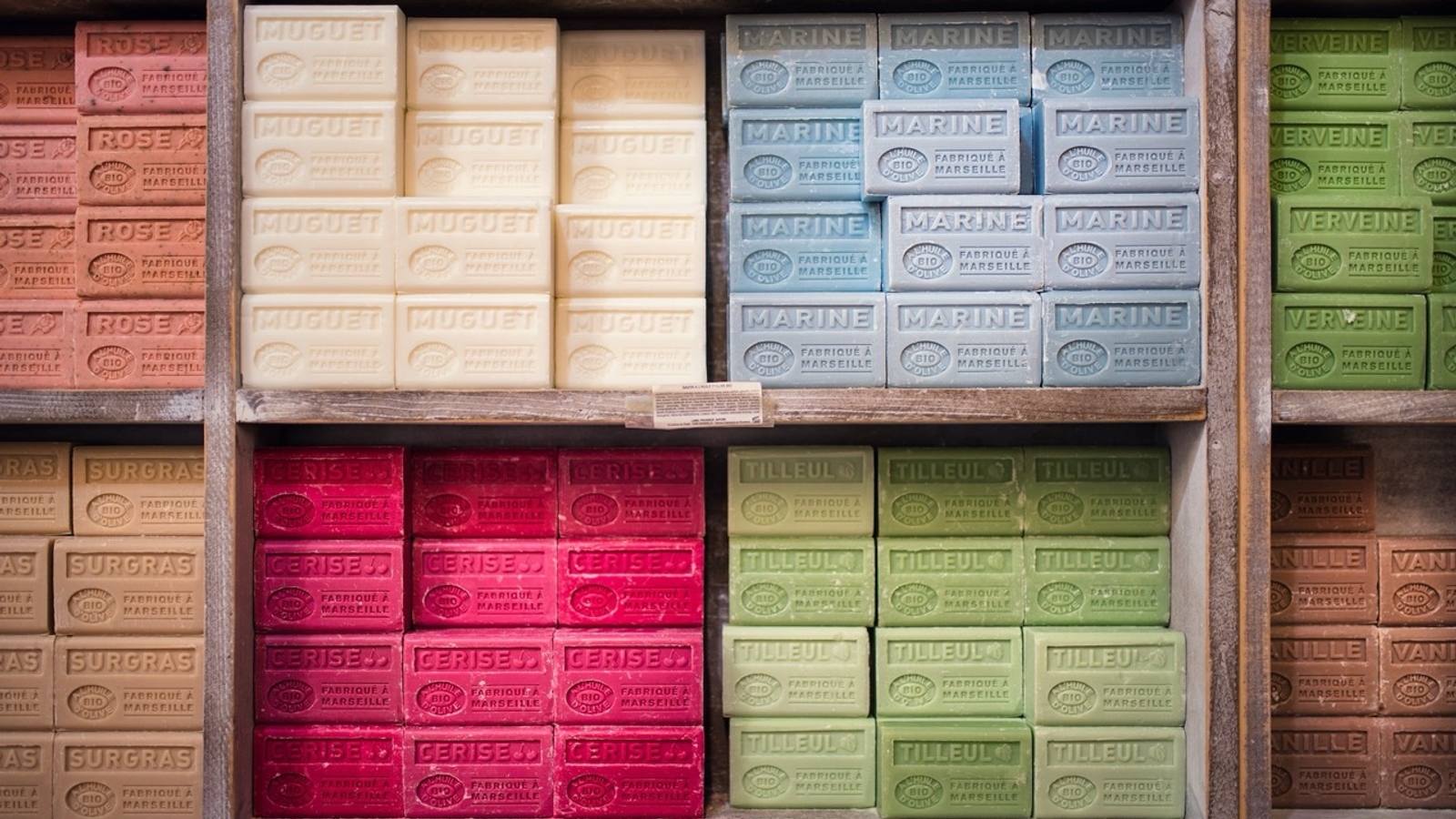
5. Switch to shampoo and soap bars
Did you know that liquid shower gel and shampoo can be anywhere between 70-90% water, making it heavier, creating unnecessary packaging, and using up more space while in transit?
If you want a solution to thick plastic bottles filling up your bathroom, there are plenty of eco-friendly and low waste alternatives that will make you wonder why you ever bought plastic bottles and tubs.
What ever happened to the humble soap bar? They save space, reduce waste and are easier to stock up and store.
Shampoo bars and soap bars can be much more-eco-friendly than plastic bottles as they’re smaller, last longer and use a fraction of the packaging (which is usually cardboard, to boot).
On a practical level, shampoo and soap bars can be easier to use than bottles, with no need to squeeze and out the last remnants of your shower gel.
Check out some of our Canopey favourite soap and shampoo bars:
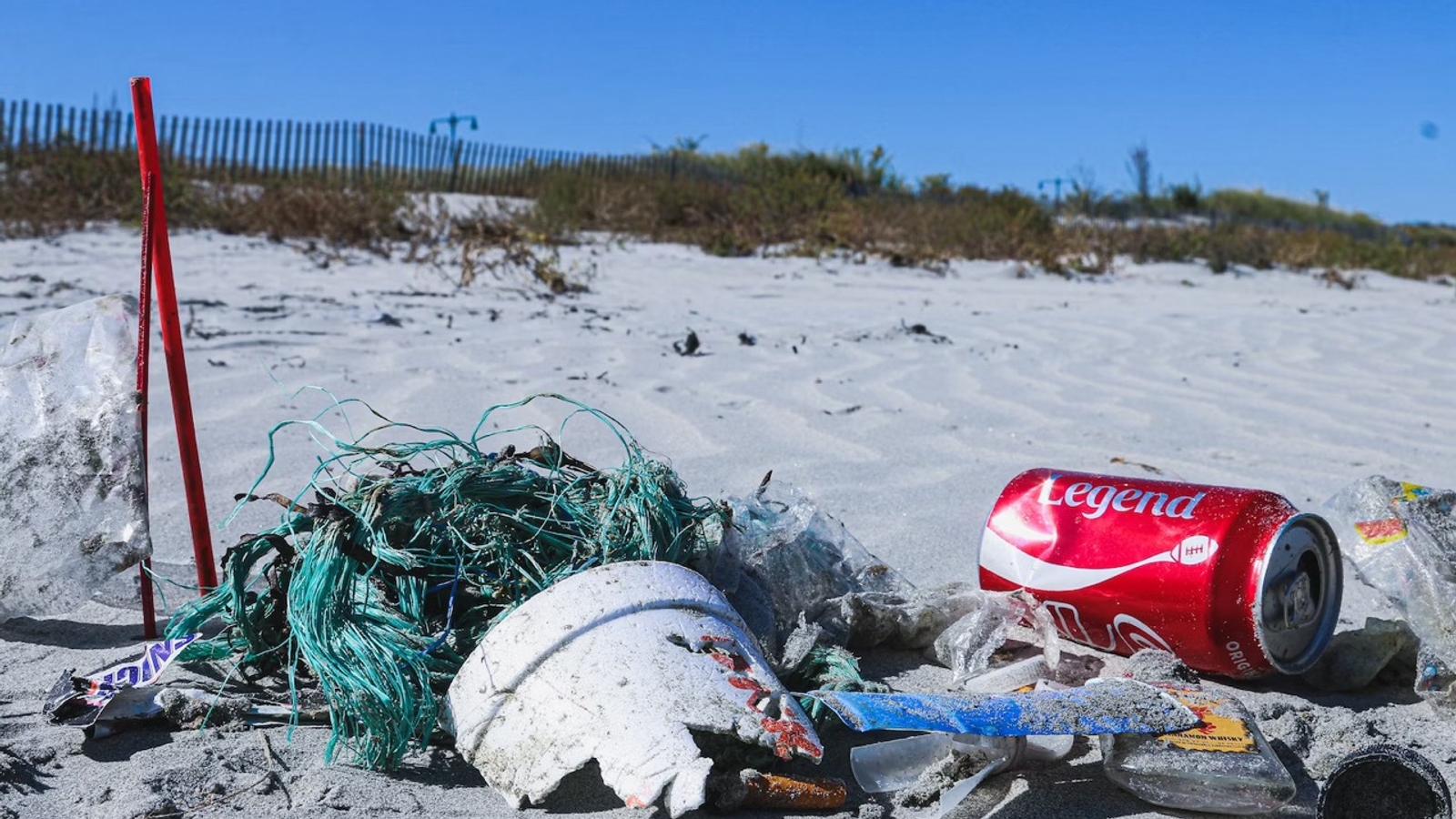
6. Do a #2MinuteBeachClean
When groups of people come together, great things can happen. The beach clean movement is a great example of simple actions by a community which leads to incredible positive change.
Enter the #2MinuteBeachClean project. This now global movement started back in 2007, with the aim of emphasising how small actions can add up to make a big difference! The project has since inspired hundreds of thousands of people to take part by simply picking up litter they find on their local beaches.
A beach clean isn’t just environmentally beneficial, it’s great for your mental health too. As the project organises events and social activities, helping you to connect with others, and improve your physical and mental health, all while connecting with nature.
You can join the movement by visiting the 2 Minute Beach Clean website or simply go DIY and get some gloves or a grabber and some compostable bags.
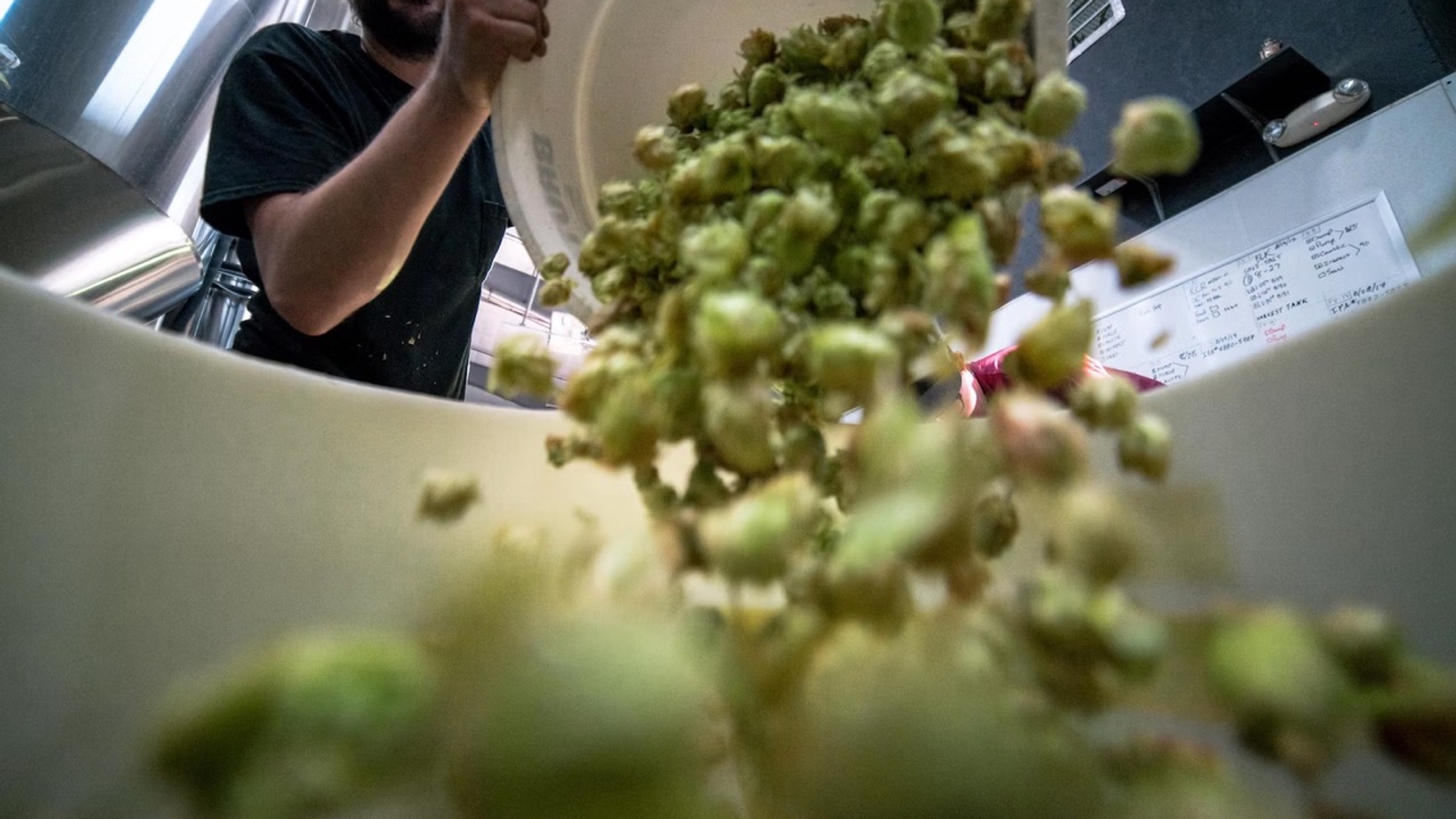
7. Get a food waste caddy
A quick and easy way to ensure your waste is disposed of correctly is using a food waste caddy. This helps to separate your biodegradable and compostable rubbish from general waste.
Disposing of food waste in a correct manner helps to make sure that all products are then used for compost. If it is disposed of with general waste this means it ends up in a landfill and its bio-materials cannot be collected.
Fruit and veg can only take a few days to break down, but this drastically changes when thrown in a landfill, where they can take up to a staggering 25 years!
Being buried under layers of rubbish at a landfill means the food is not exposed enough to oxygen or worms, preventing it from breaking down.
Food waste is an excellent resource for bio materials as it can be used as a fertiliser or even for greener energy. This is achieved through anaerobic digestion. A process in which food is placed in a tank with a controlled climate, which includes; no oxygen, lots of pressure and controlled heat. This makes it the perfect environment for micro-organisms to break down the organic material. The result of this process is the production of methane, which can be turned into electricity.
Head to your local council website if you don’t already have a food caddy, and they’ll often give you biodegradable compost bags for free.
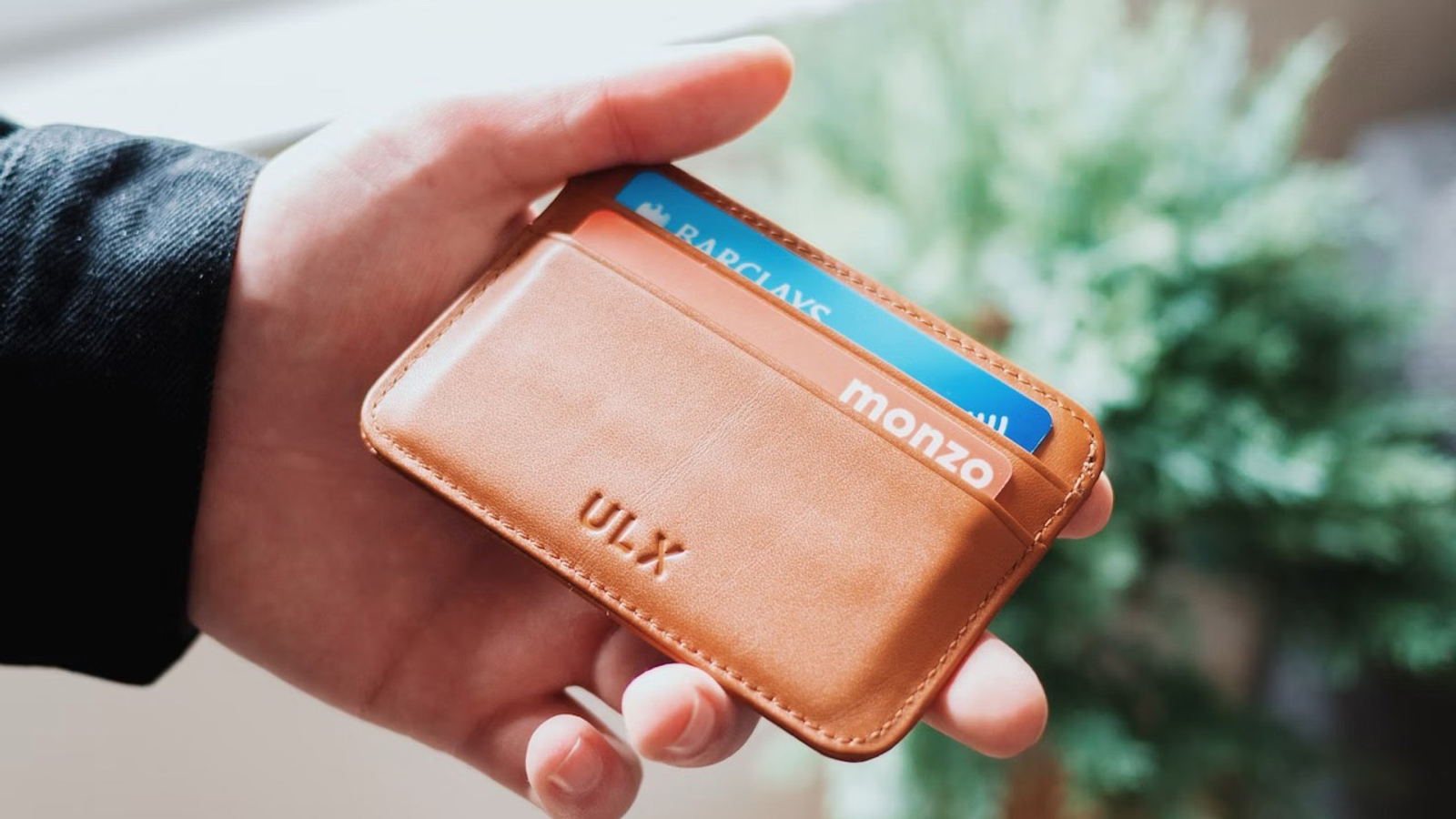
8. Switch to a greener bank
For those who don’t know what a green bank is, it is a specific bank that is eco-friendly, and aims to commit socially responsible practices. The more people that switch to a greener bank, the pressure can be put on mainstream banks to stop investing in the fossil fuel industry, arms and warfare.
Check your current bank’s track record using bank.green and checkout services like MotherTree to move your savings and pension to a greener bank.
With internet banking, it’s easy to switch in minutes. Many high street banks invest your money in oil and arms. Divest your money and go with a bank like Starling or Monzo – their banking apps are brilliant, too.
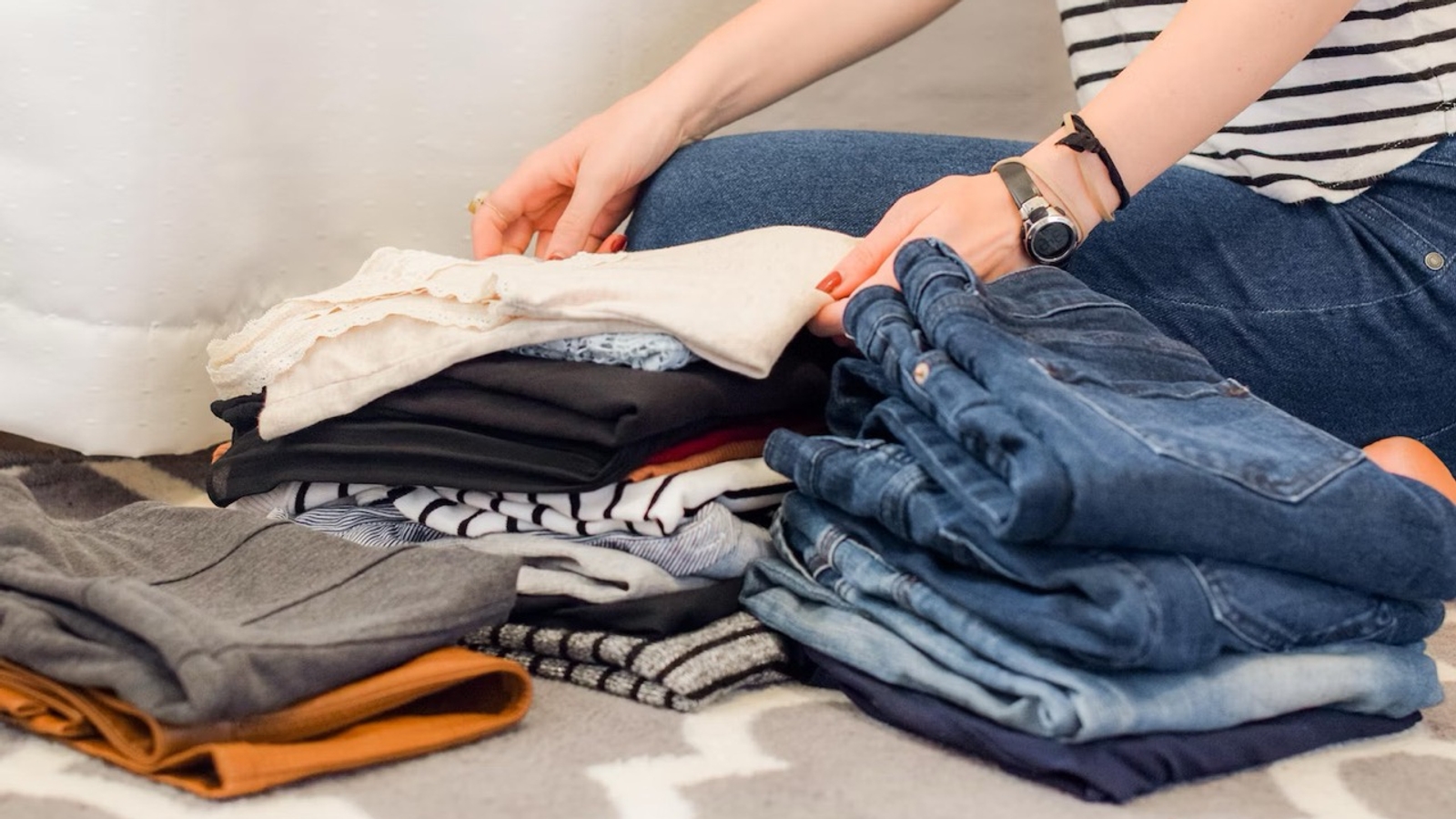
9. Clean out your wardrobe
Give your unwanted clothes to a charity shop near you to give them a new life. Take the Marie Kondo approach and ask yourself, ‘does this bring me joy?’ If the answer is no, you know what to do…
Try mending or sewing any clothes. If the clothes are too damaged, repurpose them. For example, cut them to make cloths for cleaning, this will give them a new lease of life, or if you wanted to make a bit of extra money you could sell your clothes online.
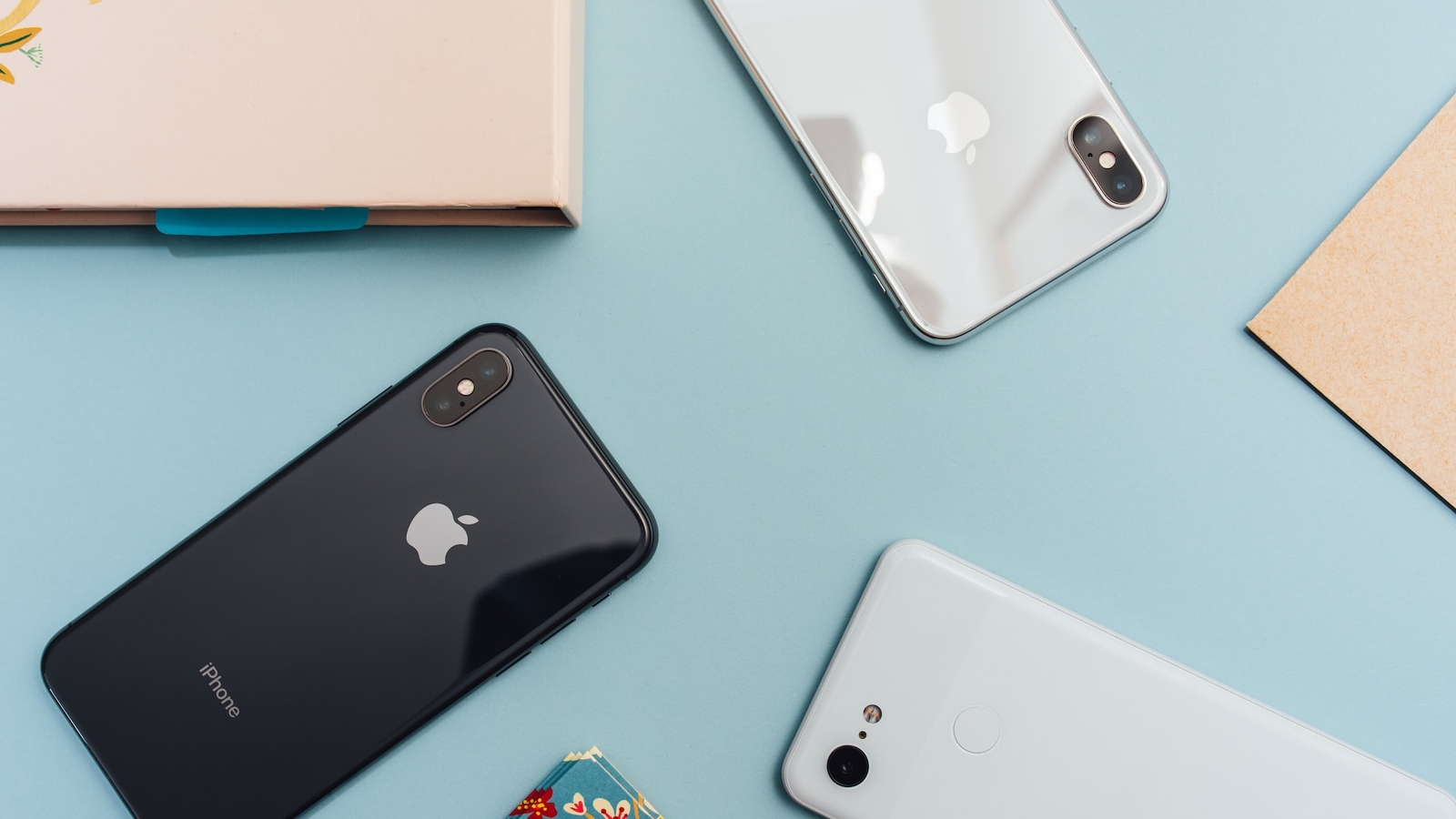
10. Recycle old phones
In a world driven by technology, new phones are released more frequently now more than ever, this means many of us are upgrading our phones to get the latest features and designs. But what happens to our old phones?
A staggering 45% of UK households have between two and five electronic devices sitting in a drawer. The fate of these phones is most likely being discarded at a landfill. Mobile phones contain have hazardous materials including lead and mercury. If not disposed of correctly these substances can jeopardise both environmental and human health. Correctly recycling phones ensures they are dealt with in a correct manner.
More so, phones contain valuable materials which can be reclaimed when recycled. They relieve the pressure of raw extraction for new materials, as they can be used to make new devices.
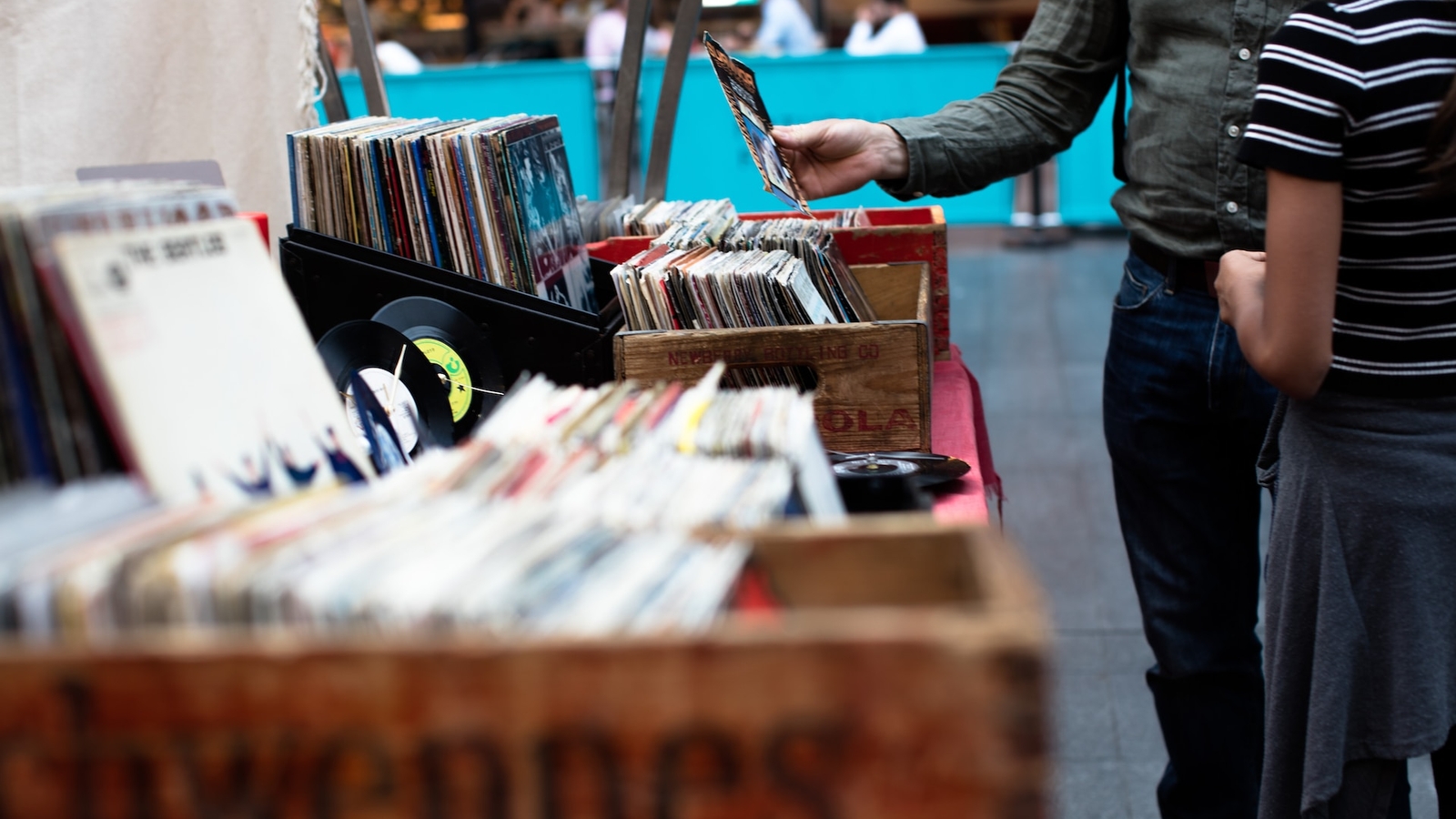
11. Shop second-hand
Did you know that on average, each person in the UK has 57 items of clothing in their wardrobe that don’t get worn?
Buying second-hand, especially clothing, is a brilliant way to drastically reduce your impact. The fashion industry is a BIG polluter, not just of carbon emissions, but water and plastic waste, too. Thankfully, buying second-hand is easier than it's ever been!
For clothing, take your pick – from charity shops and boot fairs, to apps like Depop and Vinted. It's not just the stuff nobody wants – you can find loads of great brands, luxury pieces and unique fits to suit your needs. What's more, you're more likely to find one-of-a-kind styles that nobody else has.
For use tech there are some great marketplaces like mpb (for camera gear) and Backmarket for a wide range of items.
It goes both ways: you can sell your stuff and make some money from unwanted devices, clothing and decorations, all the while decluttering your house.
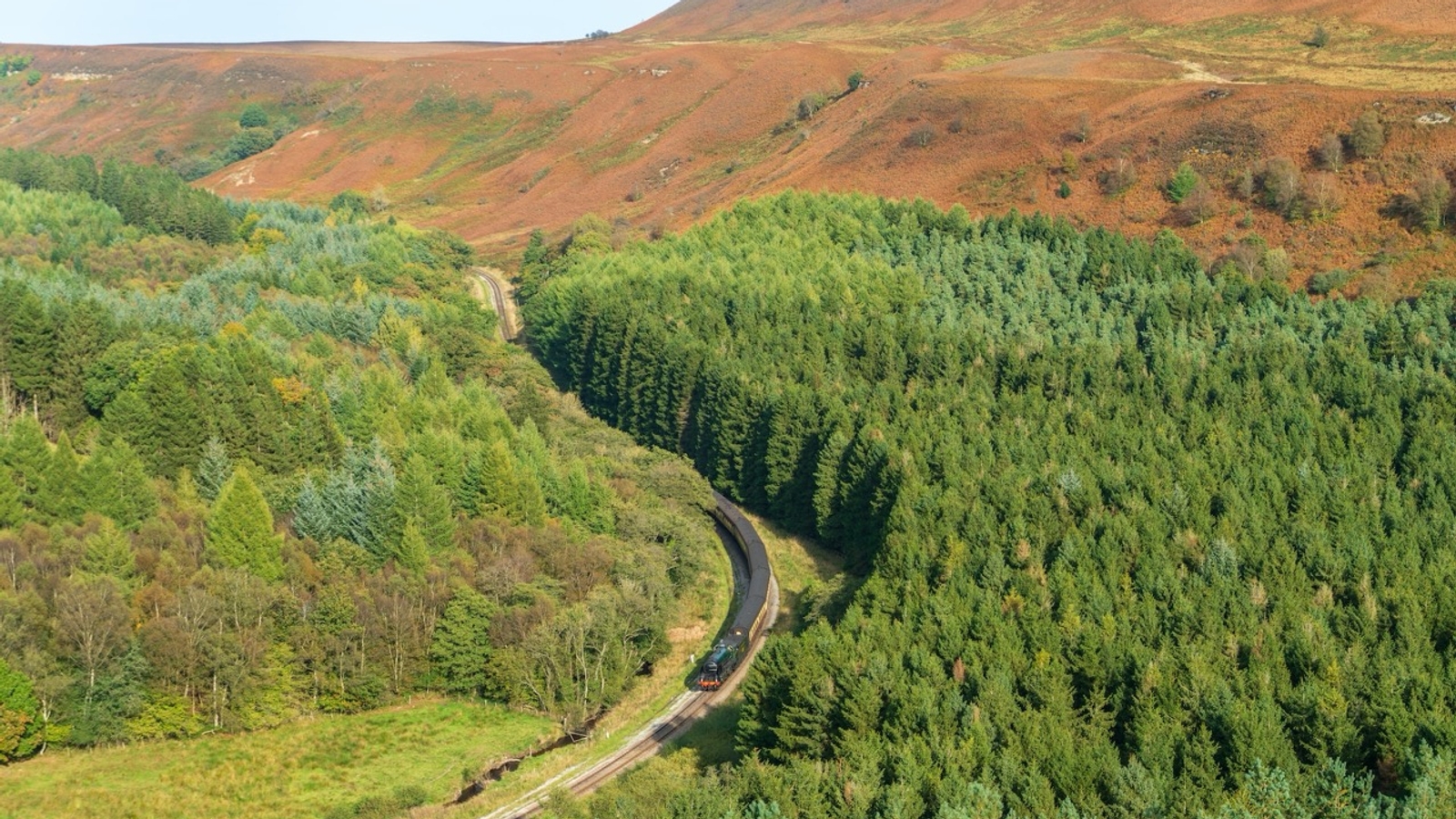
12. Cut down on the car
Switching some of your journeys to other types of transport like the bus or train are great ways of cutting your carbon footprint, and with the current price of fuel you might save money, too!
Carpooling with colleagues is a great way to save on the work commute. Better yet, if it's a walkable or cyclable distance, they are the easiest way to go emission-less!
If you're walking, you can pop on a podcast or music. It's a great way to clear your mind, get away from computer screens, and get fit while you're at it.
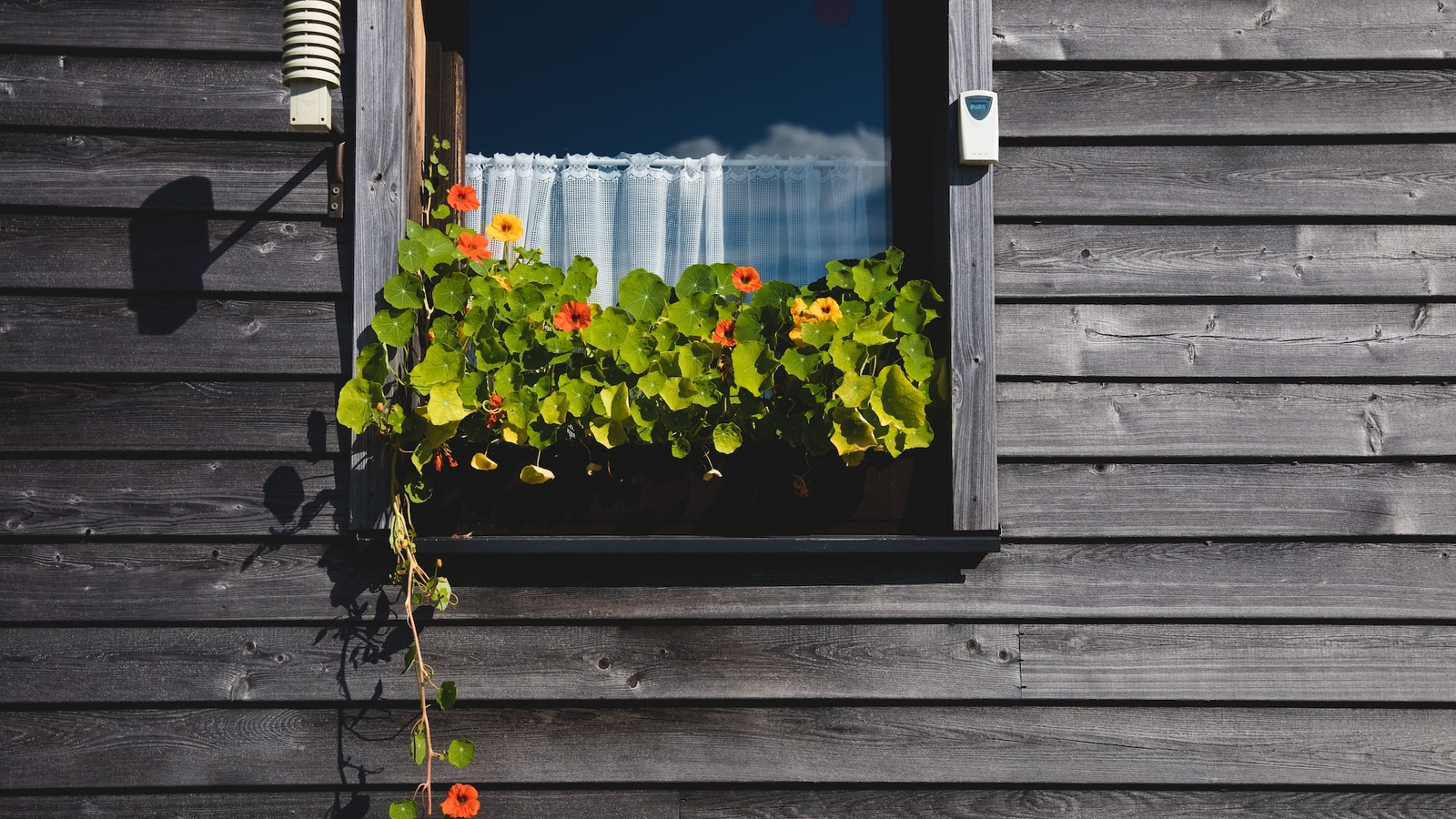
13. Get gardening
An active, flourishing garden doesn't just look nice: it's a great way to reduce your impact and even mitigate emissions in your area.
Plants and trees absorb and store carbon dioxide from the atmosphere, improve soil health and provide a safe haven for whole ecosystems of insects, animals and fungi. They're a great way of using up compost from food waste, which in turn reduces the emissions created by food breaking down improperly in landfill, where there often isn't enough oxygen or bacteria to break it down.
What's more, you can easily grow your own veg, including tomatoes and lettuce, saving money on the food shop. RHS has great beginners guides as well as specific tips on gardening for the environment.
If you don't have a garden, there are plenty of ways you can plant in window boxes or on a balcony. And of course, house plants can be placed anywhere indoors.

14. School yourself
Learning is always a good goal, and there's so much to delve into when it comes to sustainability.
Learn more about the issues and what you can do to lead a more sustainable life with books like Greta Thunberg's newly-released The Climate Book or Fashionopolis, an in depth guide to sustainability in fashion by Dana Thomas.
Some great podcast picks include How To Save A Planet and Sustainababble. And there are some great blogs and news sites online including Low Tech Magazine, Positive News, and Good On You.
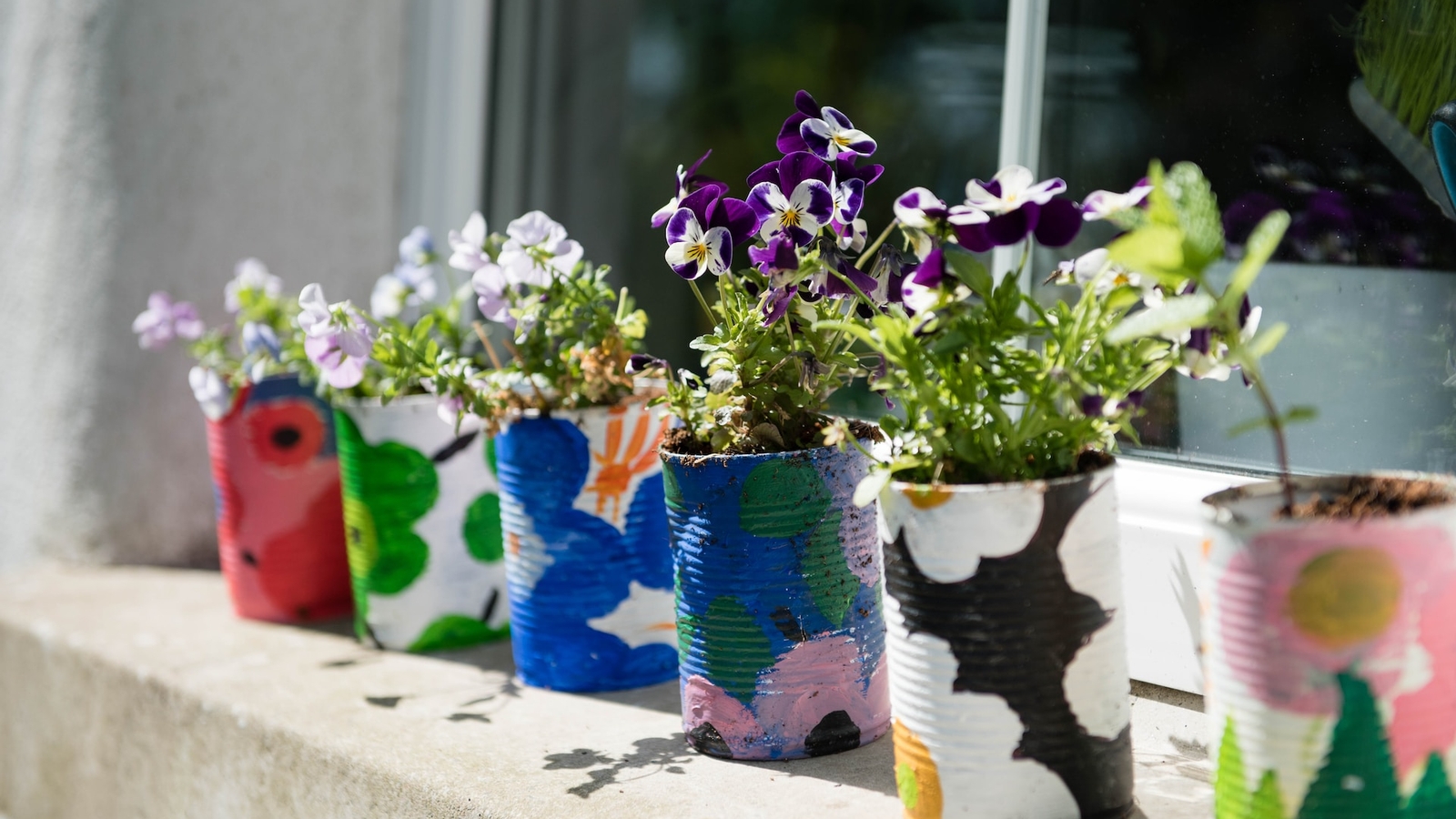
15. Upcycle and regift
Many of the things we need are already in a cupboard or drawer in our houses – and after Christmas, that's especially going to be the case. Repurposing presents and upcycling what we own, are great ways of reducing waste, unnecessary emissions and saving space.
It's an excuse to get crafty or practise a bit of DIY, and a unique handmade gift also shows you care. Things like birthday cards can easily be made by hand, and if you're not planning on using that gifted soap bar, why not wrap it up in tissue paper and string and gift it on to someone who will?
Pinterest is a great place for ideas and ways you can upcycle and make something new from existing objects, and even look for inspiration for handmade birthday cards.

16. Support local
Big established chains and supermarkets can be some of the biggest culprits for carbon emissions and waste.
Shopping a bit more thoughtfully, by doing at least some of your shop at your local grocer or butcher, can help cut down on both. By moving away from supermarkets you generally support smaller supply chains, less waste and more local suppliers which tend to be more ethical and responsible.
Many grocers and butchers allow you to buy just what you need and packaged in paper bags, saving money and food waste, and plastic packaging.
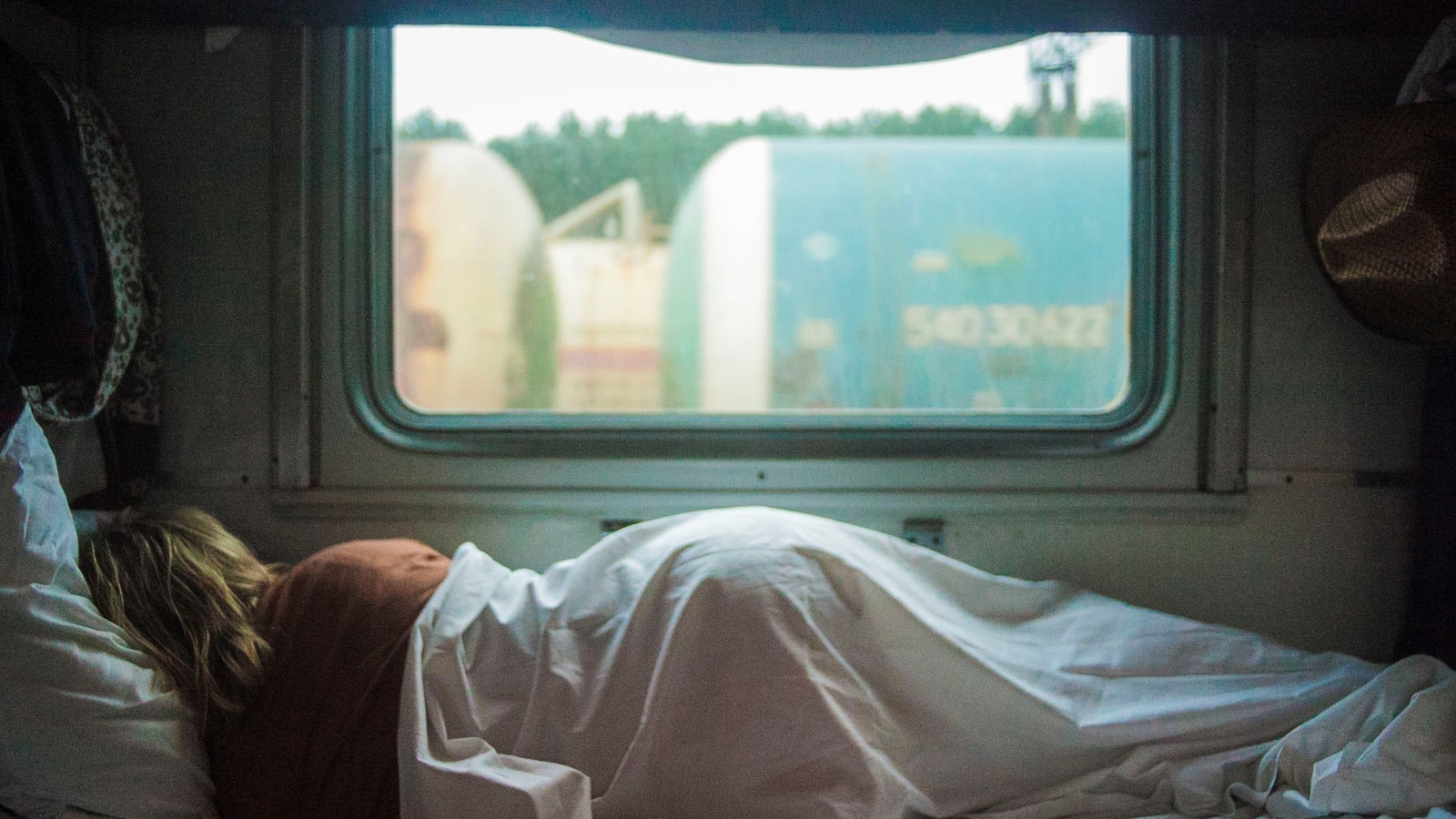
17. Switch your flight to the train
Choosing the train rather than jetting off can reduce your carbon emissions per journey by a huge 95% according to Eurostar! Moving away from using planes to go abroad can be a huge change in your annual impact.
Here in the UK we’re pretty well connected to the continent, so there are plenty of options for hopping over the border – just make sure to book ahead. There are even sleeper trains from Brussels or Paris all the way to Berlin, so you can go to sleep and wake up a couple of countries over.
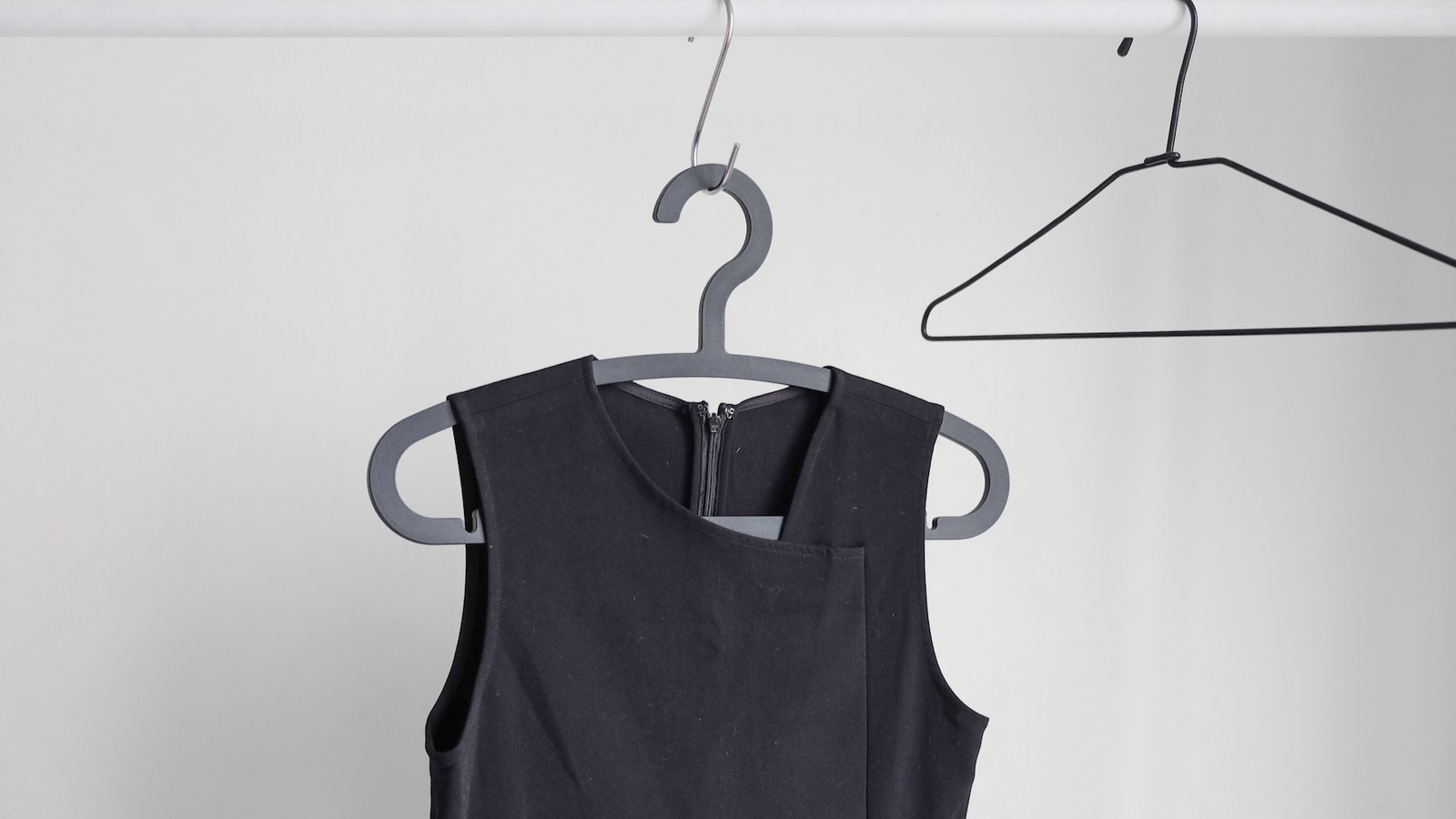
18. Capsule wardrobe
A capsule wardrobe embraces minimalism in fashion, focusing on a small collection of versatile, high-quality items that complement each other. This approach promotes thoughtful purchasing and reduces the tendency to buy trendy, short-lived garments.
Sustainability-wise, you can use the capsule wardrobe approach to significantly cut down on clothing waste by extending the lifespan of each item and curbing textile waste. Additionally, it can help you steer away from fast fashion's unsustainable model of always striving for constant new items.
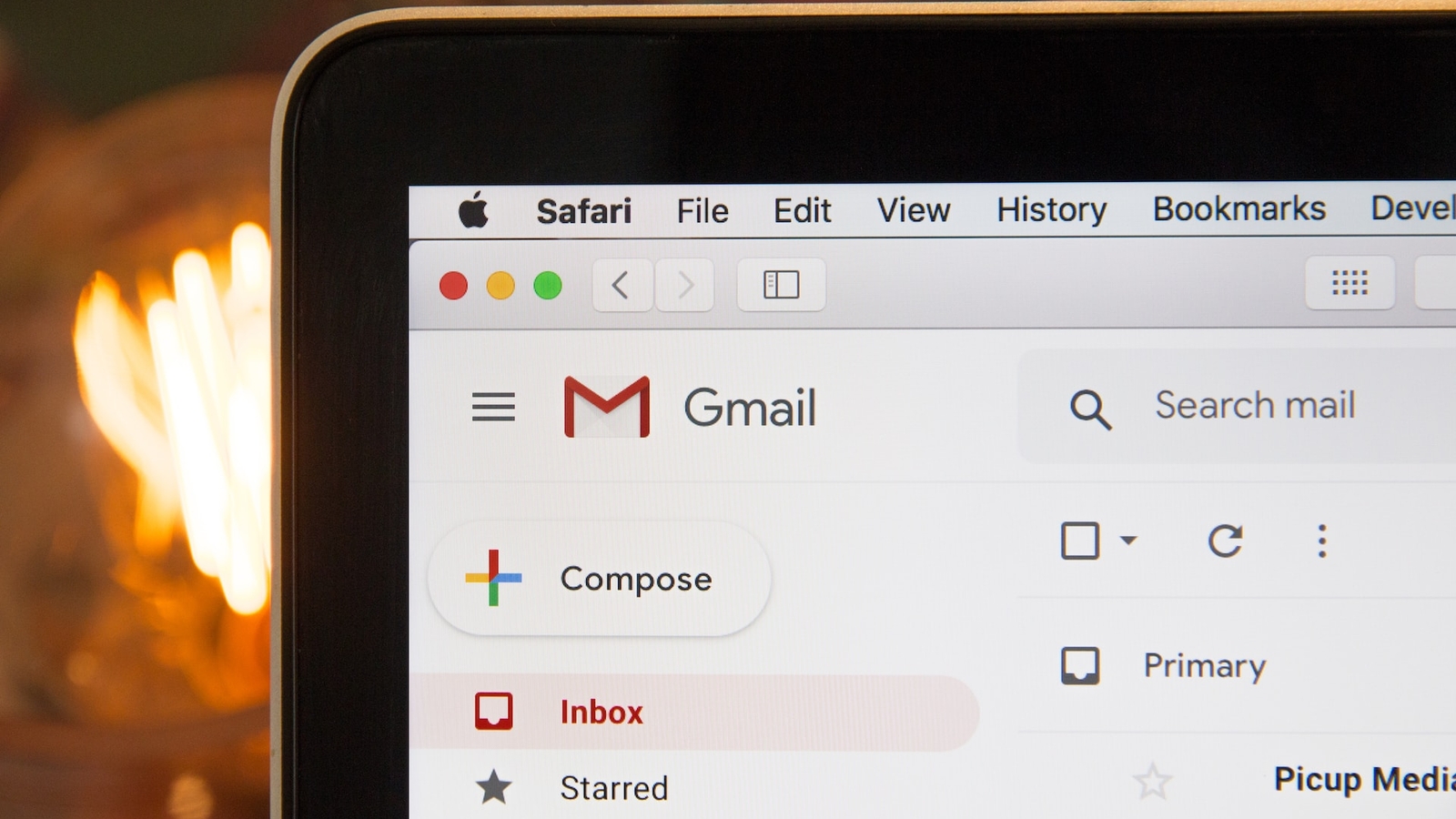
19. Do a digital detox
As the new year begins, take a look at all the email newsletters, digital apps and services you’re signed up for. Consider which you actually need, which newsletters you open and of those which do you read? Remember that all of those things need to be saved somewhere and powered up whenever you access them.
Reducing your online activity like this can reduce your own internet and data use, reduce energy consumption from data centres and servers, and help reduce carbon emissions, aiding in the fight against climate change. You can also save yourself the hassle of getting notifications about things you don’t care about.

20. Volunteer for causes you believe in
Volunteering and giving back to your local community and environment is a great new year’s resolution with loads of benefits. Giving back and connecting with others has proven positive effects for mental health, and can provide a sense of purpose for the year ahead. Creating direct action like this can help combat the doom and gloom of climate change news, and give you tangible real-world results. It can also help you keep active, especially if the work is outdoors!
Consider looking up local wildlife trusts, charities and community groups that are doing positive things in your area. Local shops, leisure centres, and swimming pools often have noticeboards if you’re stuck for ideas.
Platforms like We Make Change also allow you to help worthy causes and startups creating impact, using the skills you may have from your own profession or career as well as businesses that have staff volunteer schemes.
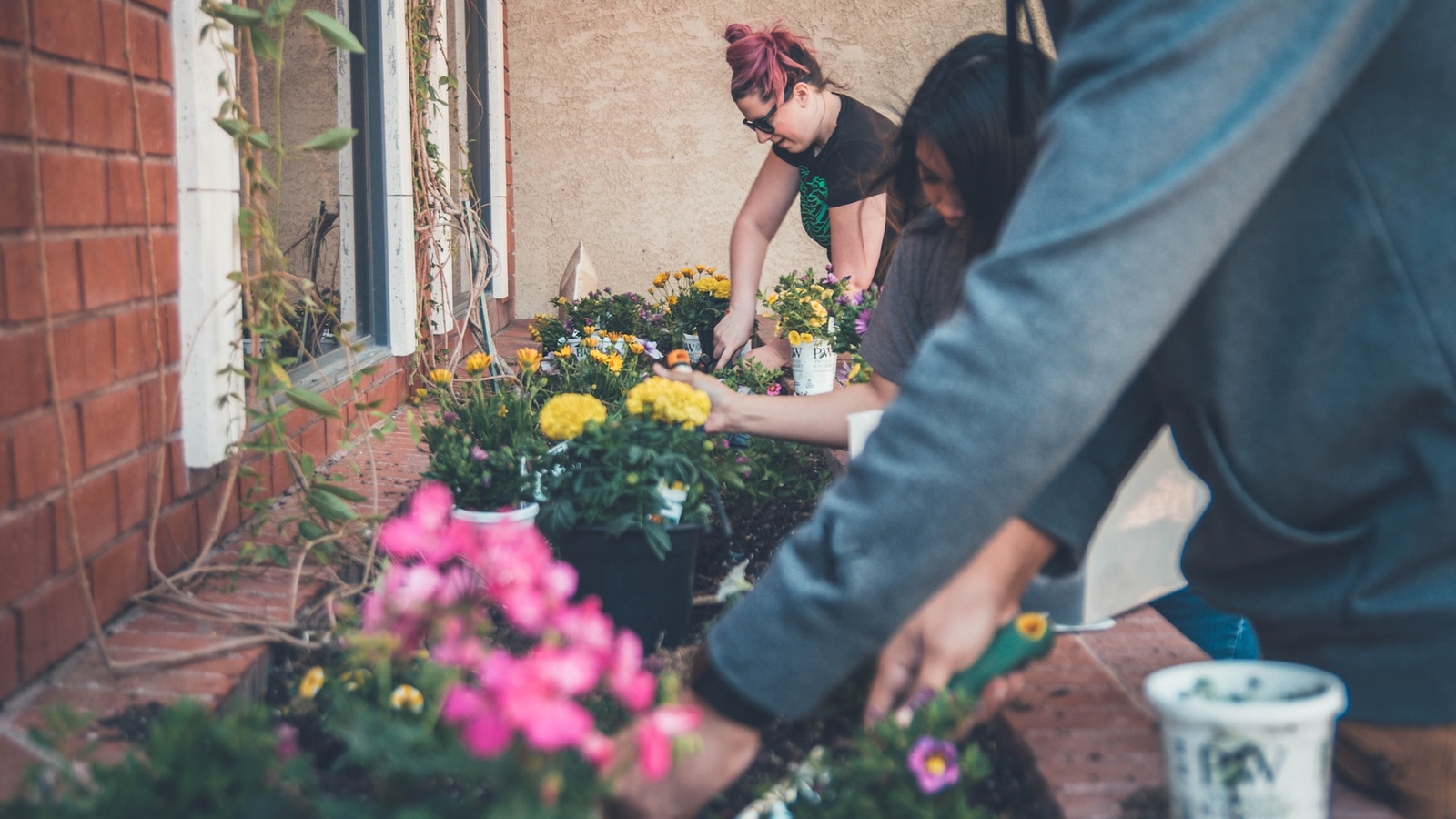
21. Join a community garden
If you don’t have your own green space, check out your local area for community gardens where you can help out and connect with your community. It’s a great way to meet your neighbours, learn new skills from experienced gardeners, and get outside and away from digital screens.
Try websites like Social Farms & Gardens or look online or on local social media pages.

22. Go outdoors more
Embracing the outdoors, especially when it comes to holidays, is a great resolution for the year ahead. The more we understand and appreciate our natural surroundings, the more we can encourage a more sustainable lifestyle – and here in the UK, there’s some incredible options for exploring our countryside and green spaces. Going for walks, hikes, runs and bike rides is also a great way to keep fit.
Taking the time to relax and even meditate in natural settings fosters a deeper connection with the environment and can massively improve your mental well-being.
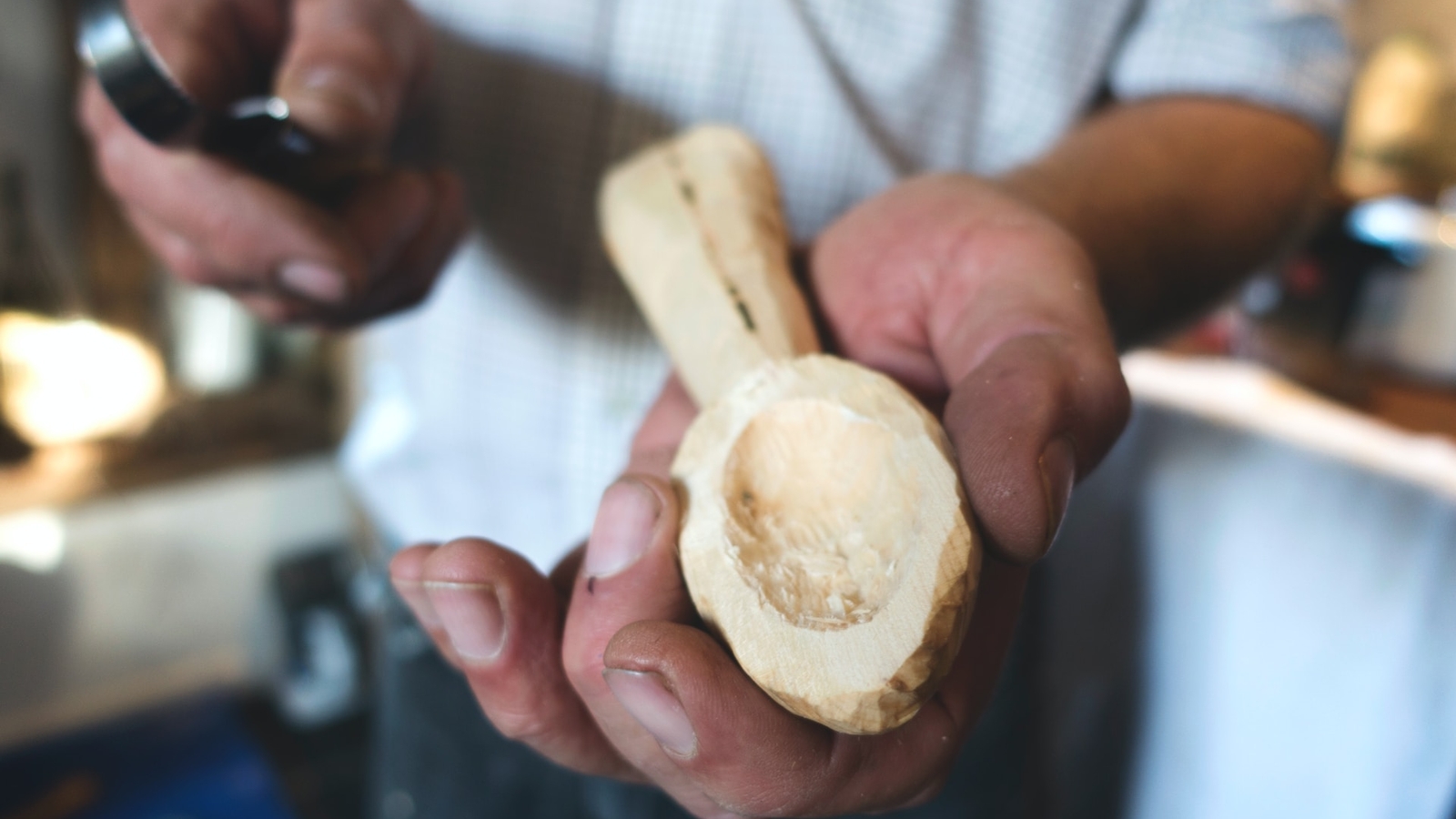
23. Learn a traditional craft
Crafts like woodworking, knitting, or pottery, are not only timeliness (give or take a few thousands years) but are also great ways of using more sustainable materials.
Learning these skills can mean the preservation of cultural heritage, and can help you discover a world and community you never knew existed. You can also start to reduce your reliance on mass-produced items, and buying new when you can mend what you already have.

24. Keep a green journal
To help work out ways you can be more sustainable for the year ahead, start by taking stock of where you’re at. Keep track of how much plastic packaging you’re throwing away every week, how much water you’re using when you shower, or whether you’re buying new clothes all the time. Taking note of these things – no matter how quickly or simply – can help you see where your biggest impacts are.
Using some simple online calculators, you can also work out how much your choice of travel and the holidays you take are impacting your overall emissions. As you make changes for the better, make sure to make a note of it so you can see how far you’ve come across the year.
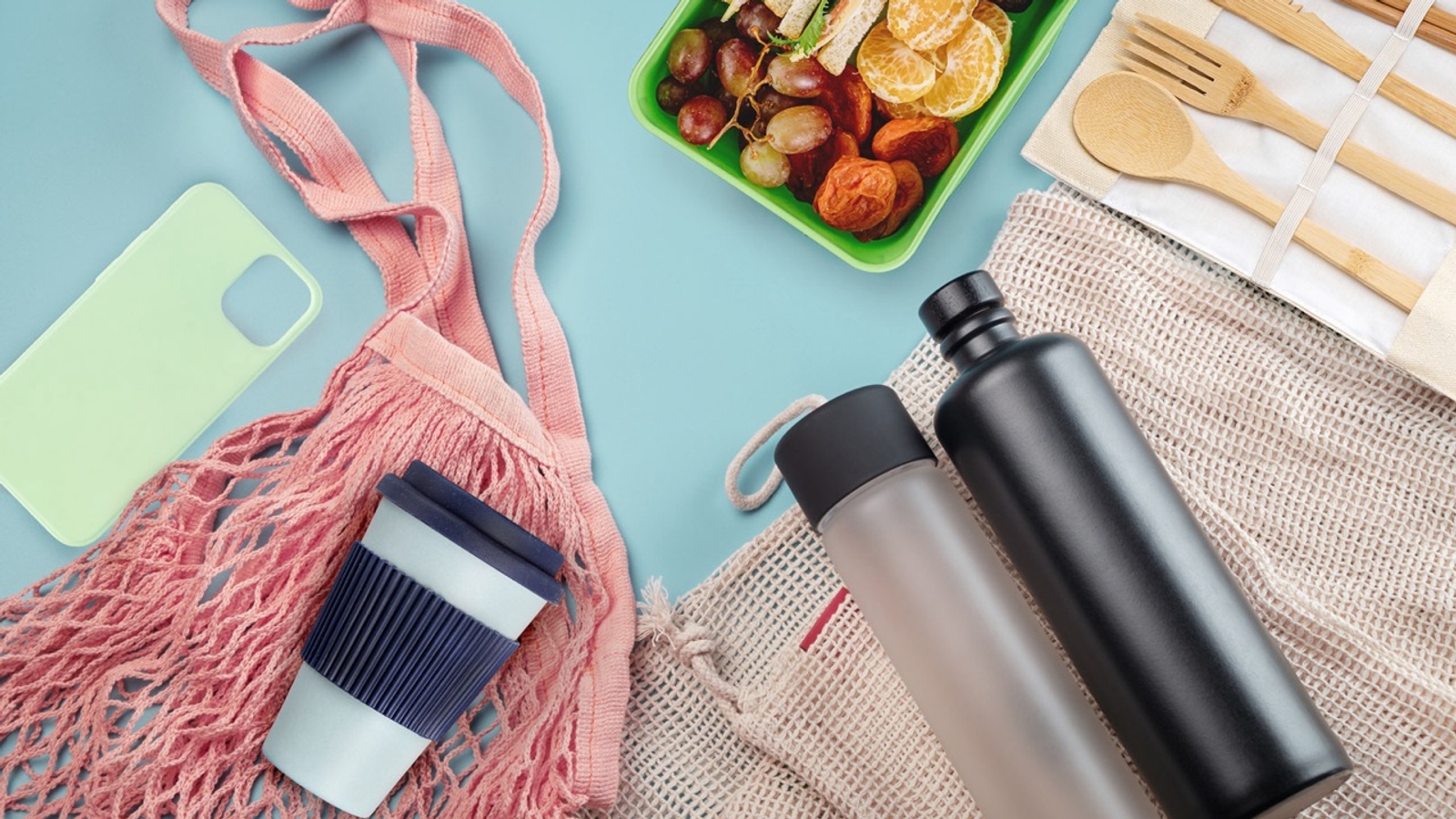
25. Buy better
Finally, we couldn't not include this one. Making a New Year's resolution to support better brands that care about the environment is a fantastic way of voting with your wallet.
Whether you want to go all-out vegan, order organic, phase out plastic or find Fair Trade accredited brands, Canopey is the place to go!
With products spanning skincare & bodycare, clothing, home & household, food & drink and more, we feel like we know a thing or two about reducing the impact of your shopping basket.
And our Impact Calculator makes it easy to see the carbon emissions, water waste and plastic waste you could be saving by choosing better alternatives.

Here’s to a greener year ahead!
Making and sticking to a New Year’s resolution can be hard, so make sure yours is realistic and don't lose faith if you don't quite meet it.
The key thing is to keep going and try your best. Remember that perfect is the enemy of good.
Good luck!















